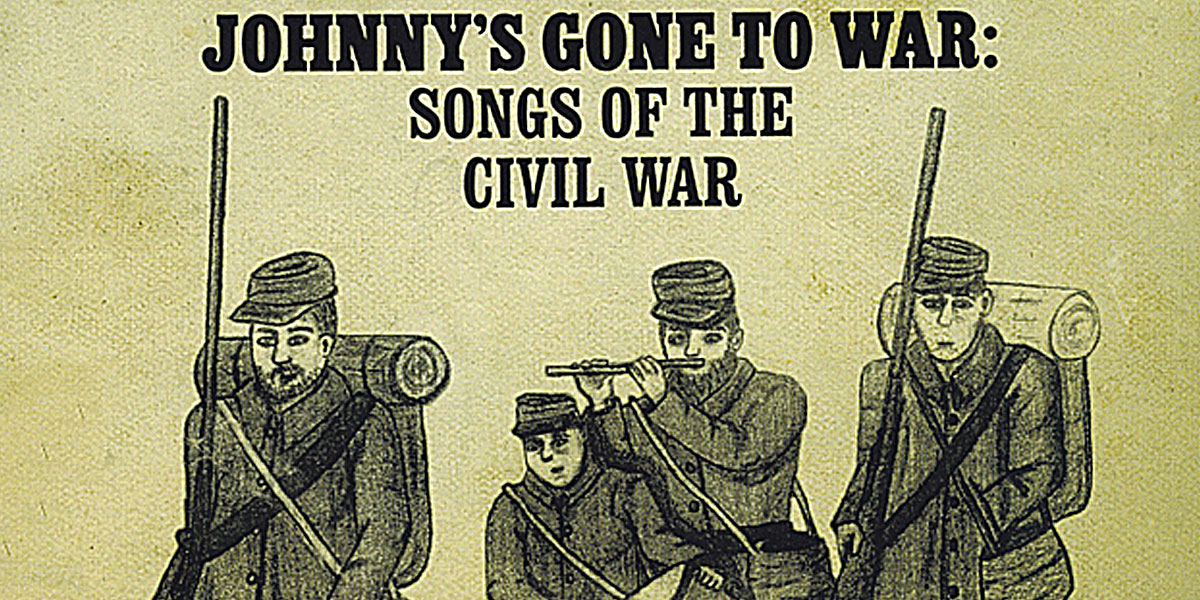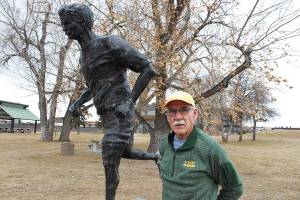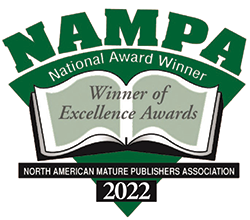(Richard Baker, 2017)
The new Old Folks at Home CD, Johnny’s Gone to War: Songs of the Civil War, is a particularly timely album of music for anyone noticing how feverish and polarized our American political situation has become. In some ways, it seems we’re still fighting the Civil War.
But as horrific as the actual event was, the liner notes remind us that “the war brought about three good results: It kept the union together, it ended two-and-a-half centuries of slavery, and it left a legacy of great music.”
The Old Folks at Home Ensemble playing this authentic Americana-period music consists of a lot of folks named “Baker:” Richard Bird Baker, Richard B. Baker, Richard Baker, Rich Baker, Rick Baker, Richie Baker, and Dick Baker, to name just three-quarters of the band.
Of course, those who are residents of Great Falls, Mont., where this album was recorded, will probably figure out that those are all aliases of a single man—a fellow whose friends know him as just Richard Baker.
Fans of Richard Baker often celebrate him as the guy who fiddled several times on the Late Show, impersonating David Letterman, to whom he bears an uncanny resemblance. Or, as the fellow whom Montana State Champion fiddler Michael Williams down in Helena called “the Human Jukebox” because he knows so many tunes and plays so many instruments.
Denizens of Cascade County know him as the guy who plays music with Diane Stinger at the KOA in the summertime—seven nights a week, from Memorial Day to Labor Day.
For this engaging, 19-song collection, Baker played fiddle, banjo, and guitar, often doubling as second fiddle. He sometimes sang his own harmony vocals. He’s also joined by a few other musicians, including his son Lonnie Baker, who has made a name for himself as a phenomenal Celtic harpist, and drummer Matt Dela Mura.
The selections include Confederate anthems, such as “Goober Peas,” “Dixie,” and “The Bonny Blue Flag,” as well as Union stalwarts, like “John Brown’s Body” and “The Year of Jubilo.”
In 1961, Tennessee Ernie Ford recorded two memorable albums of Civil War music, but in spite of his masterful vocal treatments, they lacked the verve and rustic charm of Baker’s delivery, which no doubt more accurately matches the sonic quality of the tunes as they were played more than 150 years ago.
That’s in part because Baker is steeped in an American musical tradition that hasn’t changed much since the Civil War: the tunes he specializes in—Appalachian old-time fiddle music—spring from a repertoire that actually can be traced back to the 17th century and earlier, made up of songs and tunes that originated primarily in the British Isles.
When those tunes emigrated with their players to America, they were transformed and influenced by another musical tradition and history, this one belonging to the African-American slaves and their descendants.
Part of what makes Americana music like this so richly and fundamentally “American” is that it reflects our multicultural heritage and the often painful history of cross-cultural acrimony that gave rise to The Civil War.
It’s no wonder, then, that the Civil War musical repertoire continues to form the musical canon of 21st-century fiddlers.
Baker learned from mentors like Tommy Jarrell of Mount Airy, N.C., who learned from fiddlers who had actually been in the Civil War. And with its scratchy, but soulful, fiddle and lonesome vocal arrangements, this album shows that Baker and his Old Folks at Home Ensemble are preserving a tradition as enduring as the American Republic itself.












